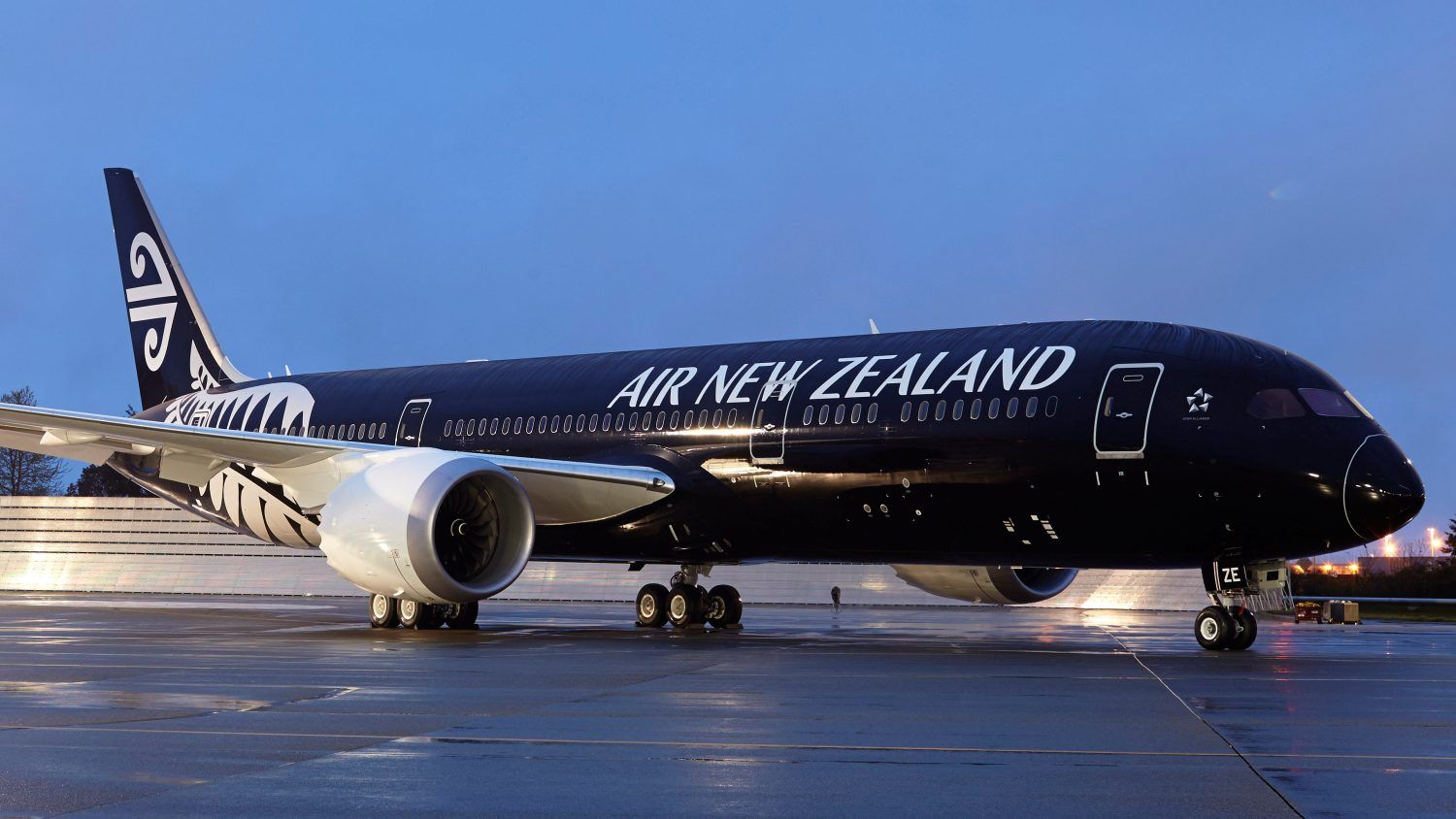Air New Zealand announced on Tuesday morning (Auckland time) that it will abandon its carbon intensity reduction targets set for the year 2030, as the current context of the aviation industry does not support them. This also entails leaving the Science Based Targets initiative (SBTi), representing a harsh reality check that may resonate strongly on a global level.
According to the company in a market statement, these targets are challenging due to issues beyond their direct control, such as the lack of availability of new aircraft, the affordability and availability of alternative fuels, and both global and domestic regulatory and political support.
«In recent months, and more so in the last few weeks, it has also become apparent that potential delays to our fleet renewal plan pose an additional risk to the target’s achievability. It is possible the airline may need to retain its existing fleet for longer than planned due to global manufacturing and supply chain issues that could potentially slow the introduction of newer, more fuel-efficient aircraft into the fleet,» said Greg Foran, CEO of Air New Zealand.
The company also assured that they have already begun working on a new short-term carbon emissions reduction target that could better consider this new scenario.
Despite this, Dame Therese Walsh, Chair of Air New Zealand, said that the company maintains the industry-wide commitment to achieve carbon neutrality by 2050.
«Our work to transition away from fossil fuels continues, as does our advocacy for the global and domestic regulatory and policy settings that will help facilitate Air New Zealand, and the wider aviation system in New Zealand, to do its part to mitigate climate change risks,» Walsh concluded.


Comentarios
Para comentar, debés estar registrado
Por favor, iniciá sesión